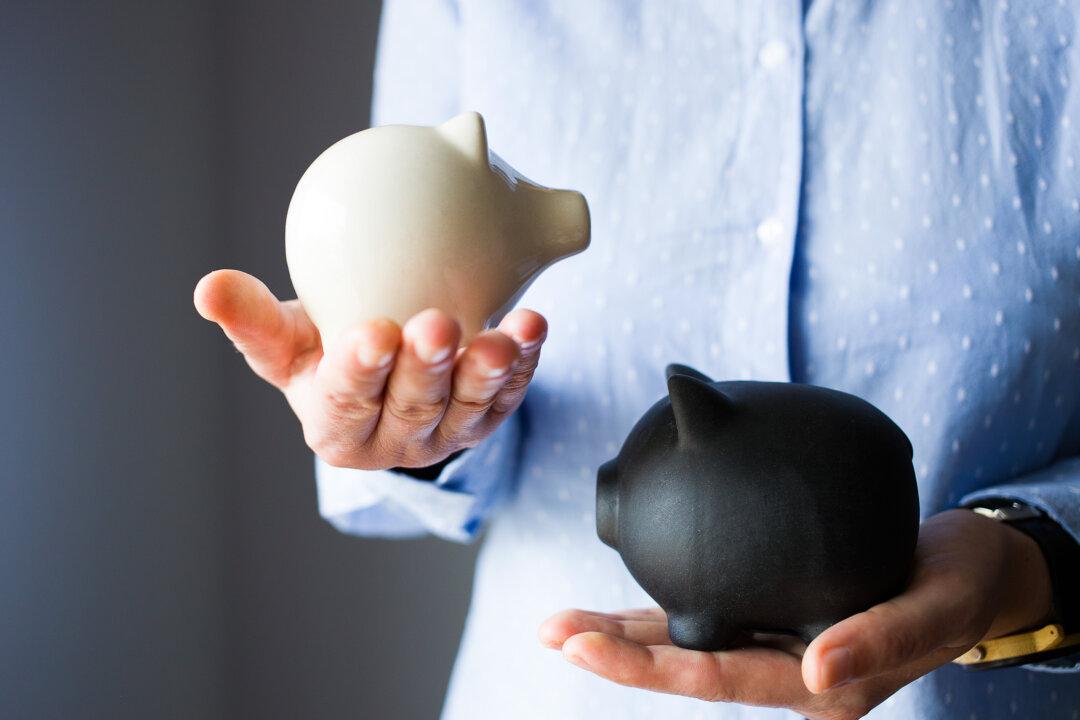Affluence isn’t measured by your annual income. Affluence is determined by how many of your resources you manage not to spend—the amount of income you keep.
The idea that you should live below your means is obvious, isn’t it? It’s not like this is the first time you’ve ever heard of the concept. You know that cutting spending is hard work. But living paycheck to paycheck is much harder work. So if you knew how to stop spending so much, it’s safe to say you'd be doing that by now.





